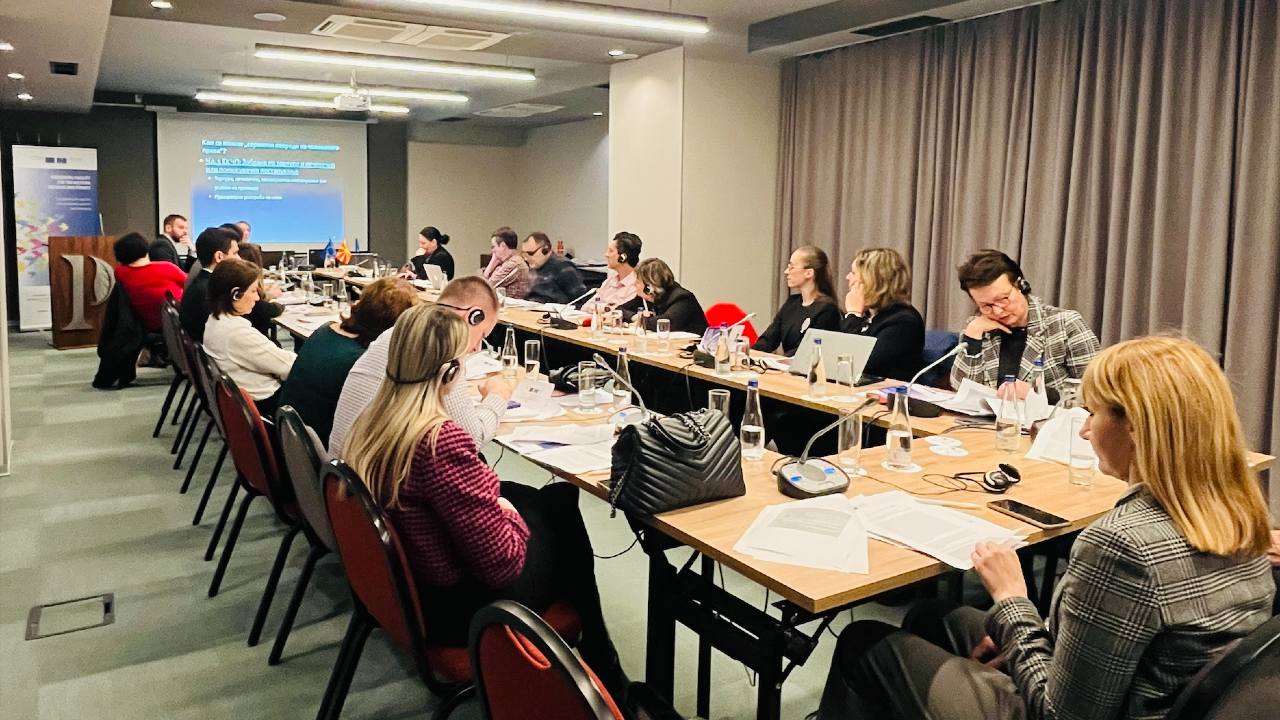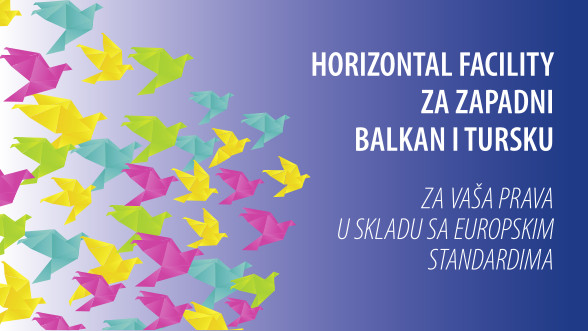Enabling equal protection of rights of everybody, and especially members of vulnerable groups, is in focus of the Horizontal Facility programme. Persons deprived of liberty represent one of the vulnerable groups whose rights are in need of better protection, and the knowledge and skills of penitentiary staff should be further supported. The European Union and the Council of Europe are working with the authorities of the Western Balkans on the penitentiary reform, with the aim of a better protection of human rights of persons deprived of liberty.
In North Macedonia, partners coming from public authorities, but also from civil society organisations, attended an advanced training session for the External Oversight Mechanism stakeholders. They had an opportunity to improve their skills in carrying out effective investigations into ill-treatment. The Mechanism was established in 2018, with the support of the European Union and the Council of Europe, to address cases where persons with police authority, while being on or off duty, use force, coercion, or serious threats, leading to death, bodily injury, unlawful arrest, torture and other cruel, inhuman, or degrading treatment.
A specialised training for members of middle management staff of the Administration for Execution of Criminal Sanctions of Montenegro was organised in February. The skills gained during the training session strengthened participants' managerial capabilities, enhancing their professionalism and thus safeguards for prisoners, and ultimately creating a safer and more secure environment for staff, prisoners, and visitors.
In Albania, 20 prison directors, representing all penitentiary institutions in Albania, attended a leadership and prison management training. They have officially endorsed internal classification as a positive practice which increases the efficiency in the management of prisoners, providing for differentiated incentivised regimes, helping the inmates progress towards their rehabilitation and re-integration back into society.


